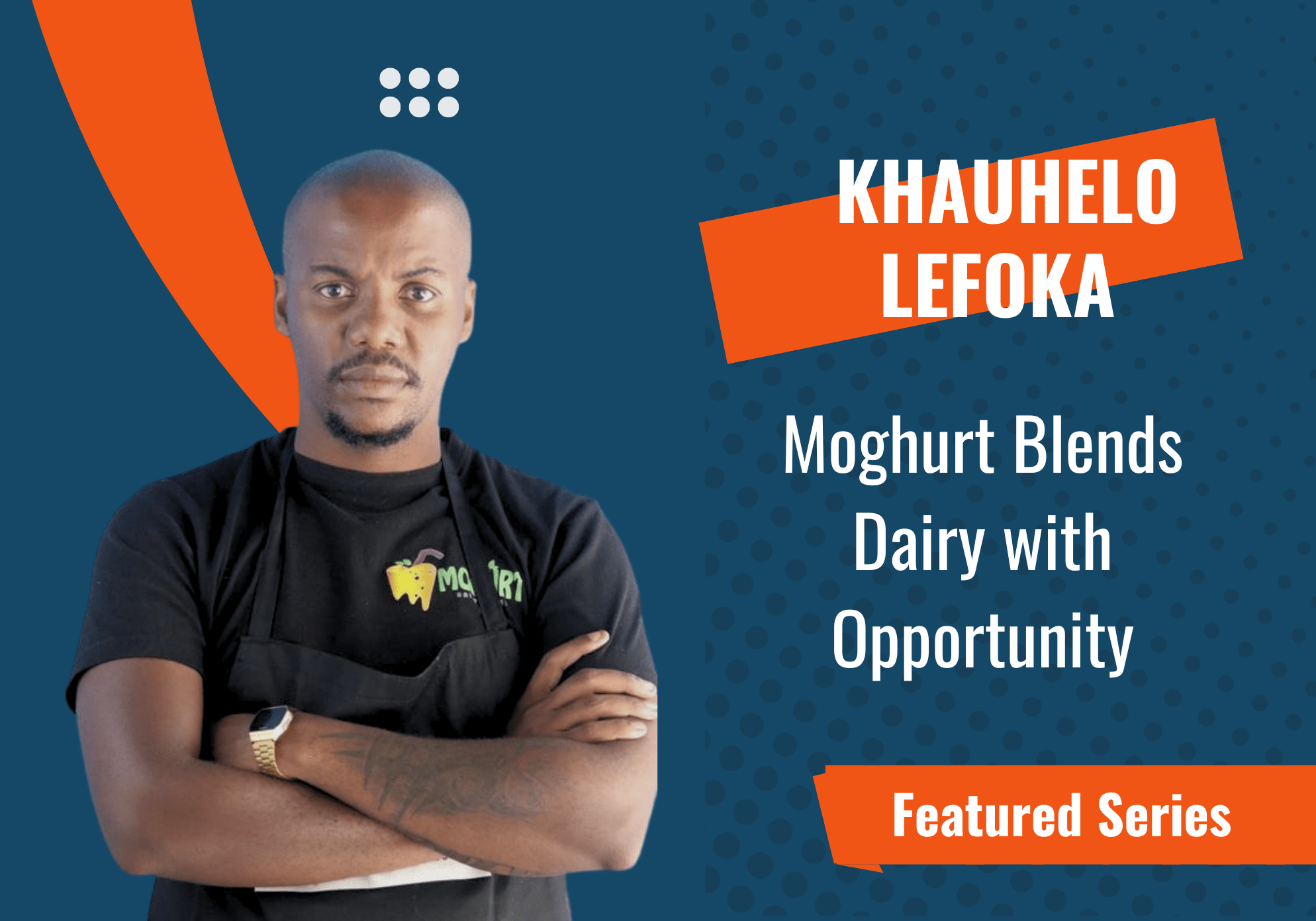Timi Oke
Timi Oke is the co-founder and CEO of AgroEknor, a company exporting dried hibiscus flowers, grown in Nigeria, to global markets, including the US, Mexico and Europe.
While hibiscus remains AgroEknor’s main focus, Oke also sees opportunities in other crops grown in Nigeria and across the continent. “We tend to look at commodities where there is no major player already … So our priority is niche markets where the market leadership is for the taking.”
One crop Oke is enthusiastic about is fonio, a drought-resistant, gluten-free grain with numerous nutritional benefits. Cultivated in West Africa for thousands of years, fonio remains under-commercialised.
The company became interested in fonio after considering other crops that hibiscus farmers could grow. “You don’t need fertilisers for fonio, you can literally just throw the seeds of fonio on the ground and it will grow … It can grow on any type of soil.”
Oke mentions a recent article by Bill Gates highlighting fonio’s benefits and notes that brewer Carlsberg has launched a beer made solely from fonio grains, without barley or bittering hops. He also points growing demand for fonio in certain European countries.
However, AgroEknor is primarily looking at fonio for the Nigerian market. “We are more interested in using fonio as a substitute for rice domestically because Nigeria imports rice and it’s just not practical.” Yet, Oke acknowledges one of the key challenges with fonio: its processing. The grain requires dehusking, which is a labour-intensive process.
Read more: West African fonio company seeks piece of global gluten-free market
He also sees potential in the sisal plant, a cactus-like species whose fibres are used in products such as rope, string, yarn, and bags. Sisal is increasingly found in composite materials for cars, furniture, and construction, as well as in plastics and paper products. AgroEknor has made small investments in sisal-related R&D activities. However, the company found that achieving profitable margins through value addition in sisal would require venturing into industrial manufacturing. As a result, AgroEknor has set the idea aside to focus on other opportunities.
Read more: Sisal production akin to ‘printing money’ suggests METL Group boss
The company has also been involved in ginger trading in the past. “We had a lot of clients in the global markets who wanted us to help supply ginger. And we looked at that value chain, but in all honesty, it was a value chain that already had very dominant players … And yes, opportunistically we would trade in it. But in the medium term, we’re not looking to build out a future value chain out of ginger because there are already big players who already control 80% of the market.”
Read more: Exporting ginger from Nigeria: Businessman sees big potential
AgroEknor is also exploring opportunities for crops beyond Nigeria. One of these is cloves, a high-value spice. “It’s not grown in Nigeria but it is grown in other African countries,” Oke notes.
Watch our full in-depth interview with Timi Oke: Entrepreneur turns Nigerian superfood into a global export business




















Discussion about this post